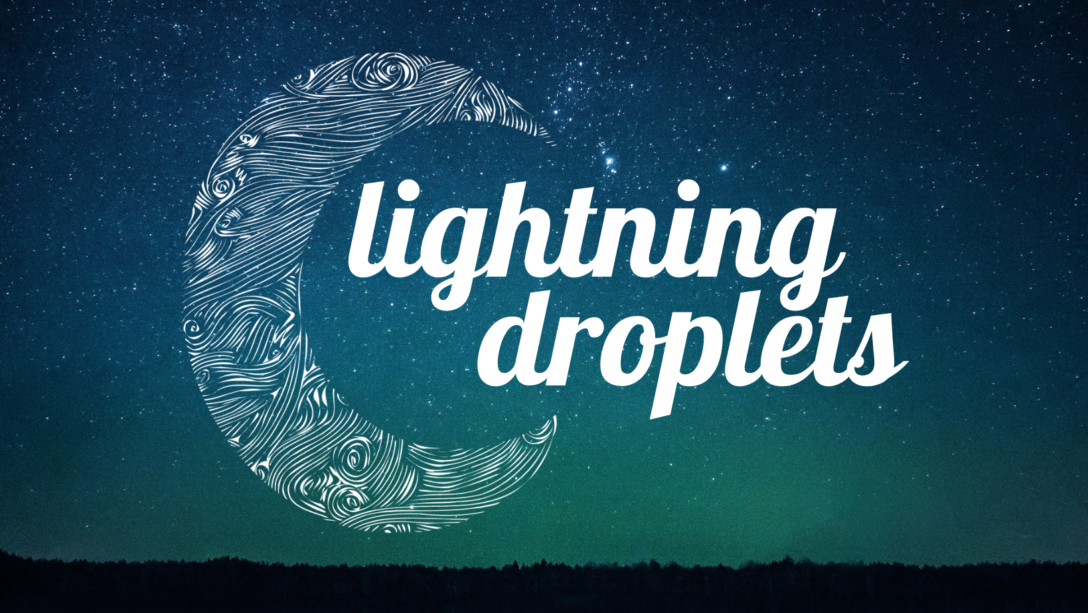“How we spend our days is, of course, how we spend our lives.” – Annie Dillard

As I begin this new year, I can see that I’ve reached many of the goals I set for 2013. I made some big goals. I started an MFA Program in Writing, so now writing has become the focus of my life. I’m studying writing, teaching writing, and most importantly writing writing. I’ve gotten some good publishing under my belt and even won some awards and nominations. This is, of course, extremely exciting.
As I look into 2014, I realize that what I really need this year has less to do with goals and more to do with systems. My writing goal long-term is actually not to write a book or make money, but to build a writing life. For me, this has more to do with habits than with milestones.
This morning I read an article on m.entrepenuer.com that suggested we trade goals in for systems. It’s a pretty compelling argument. The author asserts that goals suggest that we are not good enough in the moment, whereas systems give us something we can work at any moment and we will be successful just by virtue of working on them. He goes on to propose that systems are more motivating in the long term because they release you from the emphasis on results and instead concentrate on the process. Lastly, goals can often include aspects of things that we can’t actually control, whereas systems are always within our control. For example, it might not be within our control to set the number of pounds we might lose this year, but it is within our control to set a number of hours each week to exercise. Whether we lose 5 pounds or 15, we can feel accomplished by having gone through with the routines we’ve set. Not only that, but this works much better in the long term, because we won’t stop once we’ve reached our goal, but instead we will have developed daily habits that support us in going even further.
The most helpful part of this article, for me, comes at the end. He writes, “None of this is to say that goals are useless. However, I’ve found that goals are good for planning your progress and systems are good for actually making progress.” In some ways, this is what I’ve been doing all along. When I do a Submission Bonanza!, my goal is obviously to be published. But also, the decisions that editors make are out of my control. What is within my control is that I am sending my work out there, on a regular basis. Also, in doing the Submission Bonanza, I accomplished things that I hadn’t even considered in my goals. Not only was I published, but I was published 4 times, highlighted as a featured author, and nominated for Best of the Net. I wouldn’t have set these things as goals, but the process that I followed lead to these things.
I, for one, have always been skeptical of routines. How can you grow if you’re doing the same thing every day? Are you living a thoughtful, authentic life if you’re just following a script? But Annie Dillard’s above quote is making me change my mind. How do I want to spend my life? I’d better make sure that that’s how I’m spending my days. That’s how I’m going to be living conscientiously. Not by sitting mindlessly in front of the computer or the TV when I feel like it, but by being thoughtful about how I’m spending my days. It seems to me that setting routines is an excellent way to be conscious of this. Instead of being distrustful of habits, I’m coming to see them as cultivation, the planting and nurturing of seeds that need time and attention to grow.
So for me, 2014 will be about creating habits. My resolutions will be processes, systems instead of goals. So here they are:
My 2014 Resolutions
- Writing Treadmill: 1 hour per day on writing, also keep track, so that at the end of the week, month, or year I can look back and see how much I’ve accomplished.
- Submitting Treadmill: 1 submission per day (eep!). This is basically a year-long Submission Bonanza!, but think of the results! In terms of process, I’ll spend one hour a day working toward this. This can include editing pieces, researching magazines or actually submitting.
- Mental, Emotional, and Physical Health: 1 hour per day on this, as well. Yoga, meditation, running, hiking, whatever! This semester (can I blame the busyness and my first winter?) I’ve lost sight of the importance of these things and I need to make sure that I’m devoting time to keeping myself sane. In the long run, it’s more important than finishing that last chapter of reading for a class and I need to remember that.
Finally, I’ll leave you with a little more from Annie Dillard’s The Writing Life:
“How we spend our days is, of course, how we spend our lives. What we do with this hour, and that one, is what we are doing. A schedule defends from chaos and whim. It is a net for catching days. It is a scaffolding on which a worker can stand and labor with both hands at sections of time. A schedule is a mock-up of reason and order—willed, faked, and so brought into being; it is a peace and a haven set into the wreck of time; it is a lifeboat on which you find yourself, decades later, still living.”
Creative Commons love to Nikos on flickr for the inspiring picture.



